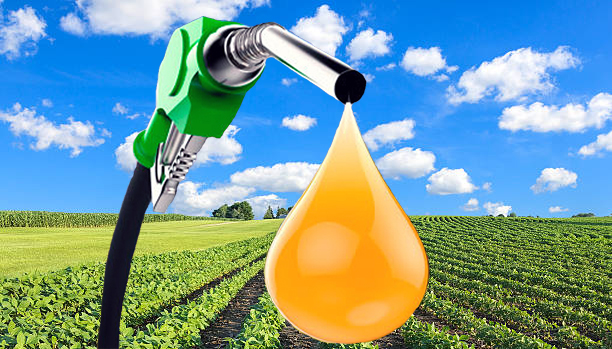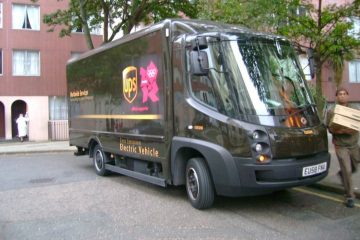Today, there are many proven and cost-effective energies that are significantly cleaner than gasoline or diesel. The “clean fuel” that suits you best will depend above all on the type of use. Here is an overview.

LNG – Freight Transport
For heavy transport over long distances, such as freight transport or maritime transport, LNG or liquefied natural gas is the most logical choice. In the liquid state, the volume of gas is 600 times lower, offering a very large range to trucks and boats for a limited tank volume. The LNG is so clean that without additional measures it meets Euro 6 emission standards. And finally, an LNG engine is 50% quieter than a diesel engine. The disadvantage remains the still limited number of service stations and refuelling stations.
Biodiesel
Obtained from vegetable or animal oil, it is used to power conventional diesel engines without modification. Biodiesel dates from the early 20th century, but it is not widely used, particularly because it is one of the gas oils likely to freeze at too low a temperature. It also remains more expensive than diesel fuel.

Ethanol
Alcohol derived from agricultural crops, ethanol has been proposed as an alternative ecological fuel, and the so-called E10 fuel, a mixture composed of 10% ethanol, has been approved for use in new cars. Ethanol is considered by some to be a green product: when it is burned as a fuel, its only derivatives are water and carbon dioxide, the latter being offset by carbon dioxide absorbed by the crops. However, growing and transporting crops and producing ethanol requires significant amounts of fossil energy. Studies have shown that the use of E10 should reduce vehicle greenhouse gas emissions by only 1% to 5%. In addition, E10 is more polluting than conventional fuels for the groundwater table because of benzene.
Compressed natural gas (CNG)
Efficient, compared to commercial diesel engines. Engines that burn CNG can reduce carbon monoxide emissions by 90% and particulate emissions by 50%. Already used by some city buses. Composed of 95% methane, CNG reduces greenhouse gas emissions by about 30 to 40% for cars, and converting a car to CNG remains expensive, and only a small number of gas stations offer it.
Electricity
The new batteries are lighter, last longer and are less toxic than conventional batteries. Electricity is generally better for the environment than gasoline, as it can be produced en masse by turbines in a power plant and can be transformed more efficiently than gasoline into energy in thousands of separate car engines.
Liquefied petroleum gas (LPG)
A mixture of propane and butane (same as used for barbecues). Used in transport for more than 60 years, it is appreciated by taxi companies. Compared to petrol or diesel, it reduces greenhouse gas emissions by about 10% and LPG consumption on the road can exceed that of petrol by 30%. Not all service stations offer LPG. The LPG tank takes up a lot of space in the trunk. This does not allow the same acceleration as that allowed by gasoline.




